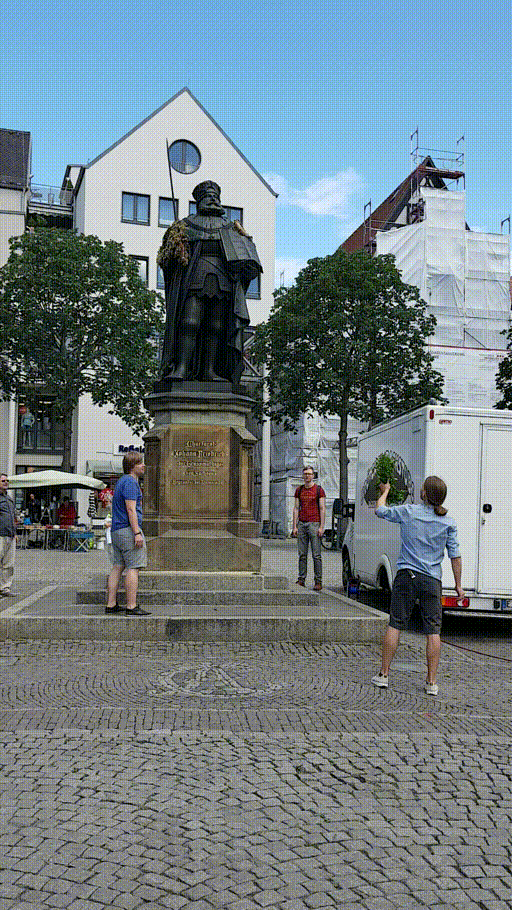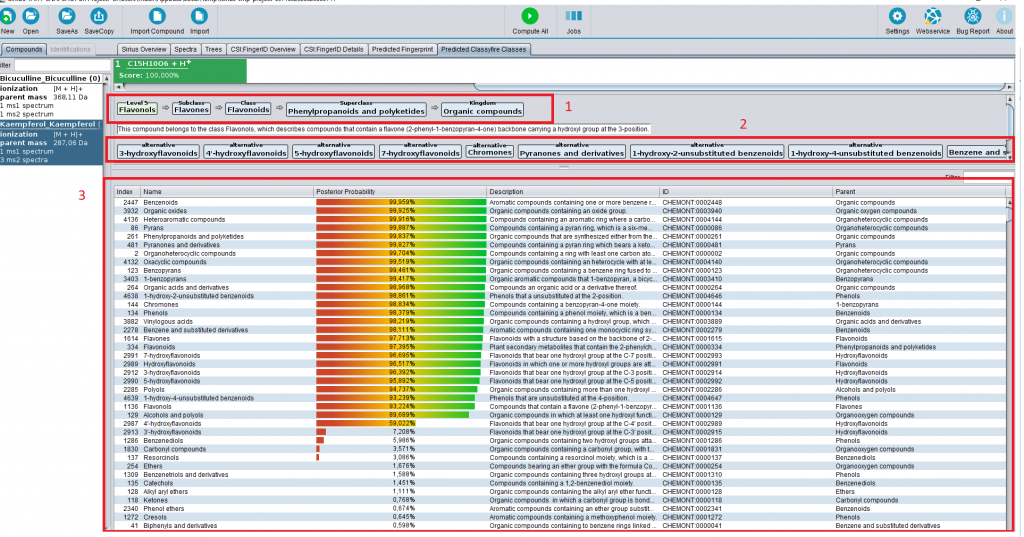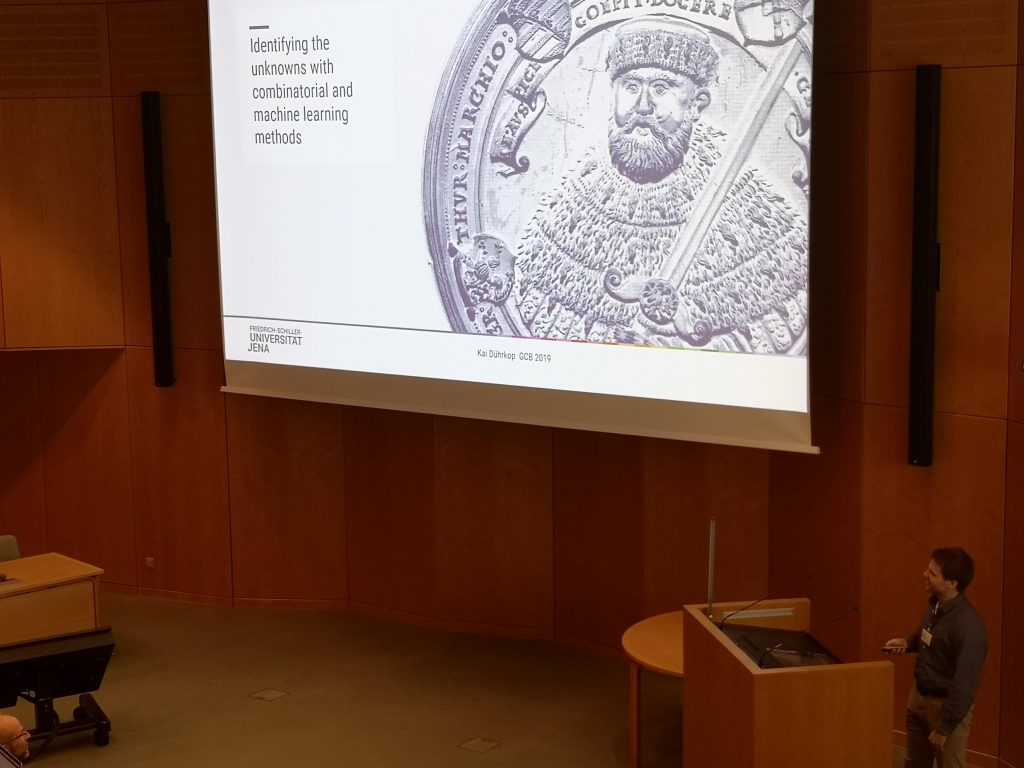Our article “Database-independent molecular formula annotation using Gibbs sampling through ZODIAC” has just appeared in Nature Machine Intelligence. Congrats to Marcus and all co-authors!
In short: Annotating the molecular formula of a small molecule is the first step towards its structural elucidation but remains highly challenging, particularly for “large compounds” above 500 Daltons. ZODIAC is a network-based algorithm for the de novo annotation (no database needed) of molecular formulas, and processes complete experimental LC-MS/MS runs. (No metabolite is an island.) In comparison to SIRIUS, previously best-of-class for this task, ZODIAC reduces the error rate of false annotations roughly to the half. And sometimes, much more…
If you have problems accessing the paper: Here is a read-only version.
ZODIAC is already available to users through SIRIUS 4.4. See also the designated ZODIAC page.
Full citation: M. Ludwig, L.-F. Nothias, K. Dührkop, I. Koester, M. Fleischauer, M.A. Hoffmann, D. Petras, F. Vargas, M. Morsy, L. Aluwihare, P.C. Dorrestein, and S. Böcker. Database-independent molecular formula annotation using Gibbs sampling through ZODIAC. Nat Mach Intell 2:629–641, 2020.


